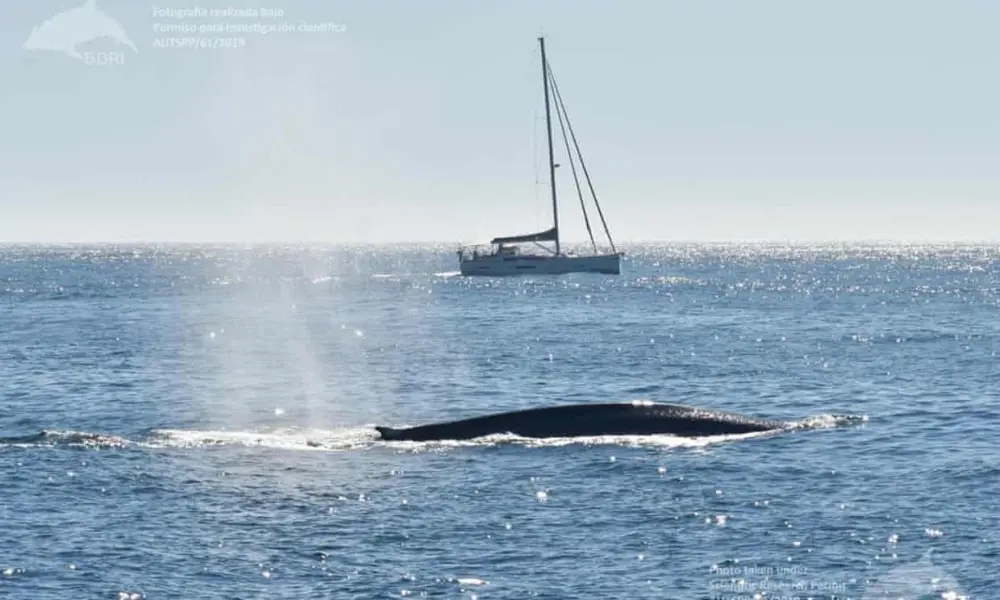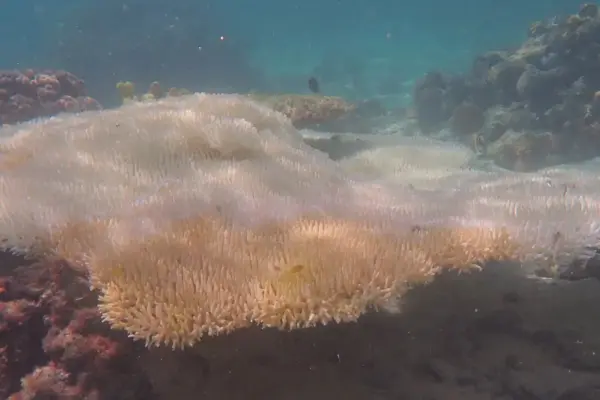Blue Whales Return to Spain After 40 years, Some Experts Say “Nothing to Celebrate”
Blue whales are now returning to Spain after an absence of over 40 years, following the local extinction of the species by whaling industry in 1970s. Reportedly, one of world’s largest mammals was spotted off the coast of Galicia in northwest Spain in 2017 by Bruno Díaz, a marine biologist and the head of the Bottlenose Dolphin Research Institute in O Grove, Galicia.
Another was sighted in 2018, one more the following year and then in 2020 they both returned. Recently, a different individual was sited off the Islas Cíes, close to O Grove.
Spain enjoyed one of the most robust whaling industries for over a century before the country imposed a ban on this cruel practice. Unfortunately, by the time the ban arrived in 1986, blue whales in Spain were virtually extinct.
While Diaz saw the return as a conservation win, other experts thought it might have a less hopeful explanation. The return of the blue whale to Spain may sound like good news to many, but some experts remain skeptical. Alfredo López, a marine biologist at a Galician NGO, said the whales’ return is likely due to climate change.
Climate scientists fear that climate change drives marine animals back to their ancestral homes where they once got hunted almost to extinction. One of them is the blue whale population in Spain’s Atlantic coast.
Blue whales are listed as endangered by the International Union for Conservation of Nature (IUCN) Red List of threatened species. Whales are at the top of the food chain and have an important role in the overall health of the marine environment.
They play a significant role in capturing carbon from the atmosphere as each individual sequesters an estimated 33 tons of CO2 on average, thus playing their part in the fight against climate change.
Unfortunately, their large size and mythical aura does not protect them. Six out of the 13 great whale species are classified as endangered or vulnerable, even after decades of protection. An estimated minimum of 300,000 whales and dolphins are killed each year as a result of bycatch fishing, while others succumb to a myriad of threats including ship injuries and habitat loss.
Diaz, however, said there was not enough evidence to say whether the climate crisis was playing a role. Instead, he thought the whales return could be due to another reason i.e., homesickness.
He also noted that recent studies indicate that whale’s migration is also based on their memory of places they have been to before. He speculated that they may have remembered their ancestral home.
Be that as it may, blue whales returning to Spain after four decades is an occasion to celebrate, even if the return is prompted by homesickness or climate change. However, the threats to the species still remain active and humankind must act quickly to avoid a global extinction of the species.
Via: The Guardian



